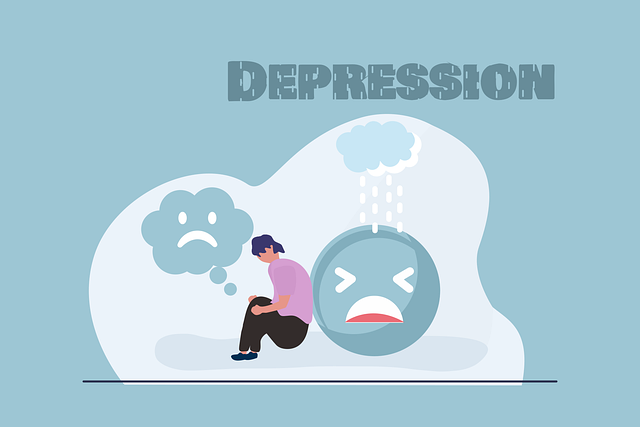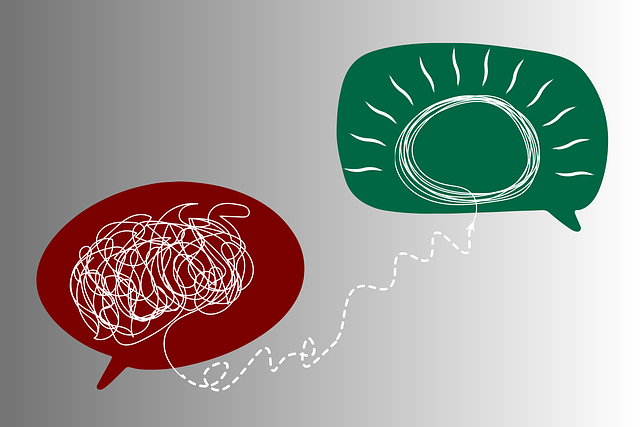Community outreach programs, focusing on therapy for young children mental health evaluations, bridge access gaps in mental healthcare for underserved communities. These initiatives integrate coaching into existing frameworks, empowering parents with early recognition and management tools for common mental health challenges. Tailoring services to local needs, cultural contexts, and socio-economic factors ensures effectiveness. Partnerships between schools, community centers, and healthcare providers enhance resource sharing, expertise, and overall intervention quality. Measuring success through clear evaluation metrics guides data-driven adjustments, ensuring programs adapt to evolving community needs for accessible therapy for young children mental health services.
Community outreach programs play a pivotal role in addressing mental health challenges, especially among young children. This article delves into the comprehensive implementation of such programs, guiding professionals through essential steps. We explore strategies for understanding and catering to specific community needs, designing effective therapy models tailored to local settings, and fostering partnerships with key organizations. Additionally, we emphasize the importance of measuring success and continuously improving outreach initiatives, ensuring positive outcomes in mental health evaluations for young children.
- Understanding Community Outreach Programs for Mental Health
- Identifying Target Communities and Needs for Young Children
- Designing Effective Therapy Models for Community Settings
- Building Partnerships and Collaborating with Local Organizations
- Measuring Success and Ensuring Continuous Improvement in Outreach Programs
Understanding Community Outreach Programs for Mental Health

Community outreach programs play a pivotal role in addressing mental health issues within diverse communities, with a particular focus on young children. These initiatives aim to bridge the gap between specialized therapy services and underserved populations by bringing mental healthcare directly to where individuals live and play. Through tailored programs, community outreach offers early intervention and preventive measures for various mental health concerns. One such approach involves Mental Wellness Coaching Programs that empower parents, caregivers, and educators with strategies to support young minds.
By integrating these coaching sessions into existing community outreach frameworks, families can access guidance on recognizing and managing common mental health challenges in children. This proactive model enhances the availability of mental health evaluations, ensuring timely interventions. In light of growing Mental Health Awareness, such initiatives are vital for fostering resilient communities where every child has access to the support they need for optimal development and well-being.
Identifying Target Communities and Needs for Young Children

Identifying the target communities and their specific needs is a crucial step in implementing successful community outreach programs for young children. This process involves understanding the unique challenges and barriers that different areas face, whether it’s socio-economic disparities, limited access to resources, or cultural considerations. By assessing these factors, organizations can tailor their services effectively. For instance, communities with high poverty rates might require support in accessing mental health evaluations and therapy for young children, addressing potential trauma and stress.
In these situations, community outreach programs can offer a range of interventions, including conflict resolution techniques and mindfulness meditation practices to enhance emotional well-being promotion techniques. Tailoring these programs to meet the specific needs ensures that resources are utilized efficiently, fostering positive outcomes for the targeted communities’ youngest members.
Designing Effective Therapy Models for Community Settings

Designing effective therapy models for community settings is paramount when addressing young children’s mental health needs. These programs should be tailored to reflect the unique cultural and social fabric of the communities they serve, ensuring accessibility and cultural competency. Integrating self-care practices within these models can empower parents and caregivers, enabling them to support their children’s emotional well-being effectively.
Community outreach goes beyond traditional therapy settings by bringing mental health evaluations and interventions closer to families. Healthcare providers play a pivotal role in promoting emotional well-being through tailored techniques that resonate with diverse communities. By embracing cultural competency training, they can address barriers to care and foster stronger connections, ultimately enhancing the impact of these programs on young children’s mental health outcomes.
Building Partnerships and Collaborating with Local Organizations

Building partnerships with local organizations is a strategic step in implementing effective community outreach programs for mental health services. By collaborating with schools, community centers, and healthcare providers, we can create a supportive network that reaches young children and their families. This approach ensures that therapy for young children with mental health concerns becomes more accessible and integrated into the fabric of the community. Local partnerships facilitate the exchange of resources, expertise, and knowledge, enhancing the overall quality of mental health evaluations and interventions.
Mental health awareness is fostered when these organizations work together to plan and execute outreach initiatives. Collaborating on risk management planning for mental health professionals ensures a comprehensive and coordinated response to the unique challenges faced by young children and their families. By combining efforts, we can improve mood management strategies and create a more inclusive environment that promotes the well-being of all community members.
Measuring Success and Ensuring Continuous Improvement in Outreach Programs

Measuring the success and impact of community outreach programs is an essential step in ensuring their long-term effectiveness. When implementing initiatives focused on young children’s mental health, such as therapy sessions or mental wellness evaluations, it’s crucial to establish clear evaluation metrics. These could include tracking the number of families reached, the rate of participation, and improvements in mental health outcomes over time. For example, a series of workshops aimed at educating parents on childhood mental wellness could measure success through attendance rates and follow-up surveys evaluating their understanding and confidence in supporting their children’s mental health.
Continuous improvement is fostered by regularly reviewing and analyzing these metrics. This process allows organizers to identify what works best and make data-driven adjustments. For instance, if a particular approach yields higher engagement, it can be replicated or adapted for other programs. Additionally, incorporating feedback from participants, caregivers, and healthcare providers—through surveys, focus groups, or training sessions like Cultural Competency Training—ensures that the outreach stays relevant and responsive to the community’s evolving needs, including addressing mental health concerns like therapy for young children through accessible means. This iterative process promotes a more robust and sustainable community wellness ecosystem.
Implementing community outreach programs focused on mental health can significantly improve access to critical services, particularly for young children. By understanding local needs, designing tailored therapy models, and building strong partnerships, organizations can offer effective interventions that enhance the well-being of at-risk youth. Regularly evaluating outcomes and adapting strategies ensures these programs remain impactful, fostering healthier communities through comprehensive mental health support, including essential therapy for young children.








